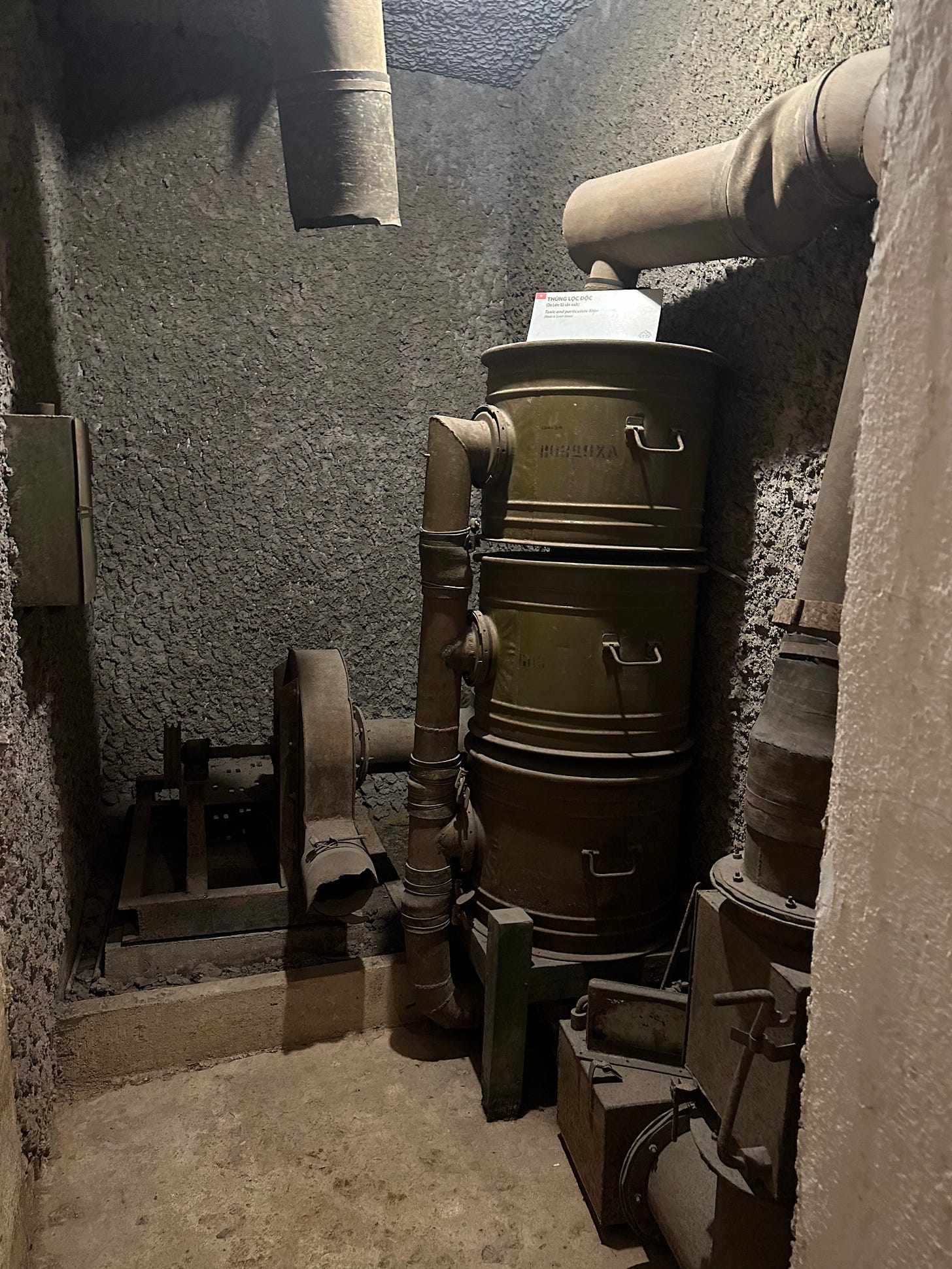Memory is a tricky thing. Do you remember what your earliest memory was? The truth is that it is impossible to be sure, and there is a certainty that whatever that memory might be, there will be errancy involved because of the fuzziness.
Mine was in the Acme supermarket off of Route 22 in North Plainfield, New Jersey, during the early 1970s. Somehow in the meat aisle, I learned that America was at war. Later, I would understand my mother was talking about the Vietnam War.
It was a war that would never have been fought had John F. Kennedy not been assassinated. It tore America apart, and destroyed faith and trust in the American government, which lied about a war that could not be won, and sent more than 58,000 to their unnecessary deaths, 11,000 miles from American shore. It is among the greatest tragedies in our history.
America has never recovered from the Vietnam War, which has defined our politics for more than half a century. Understanding why demands appreciating who fought and who didn’t. The wealthy, privileged and college-bound were excused from the war. The burden, as always, fell disproportionately on three groups of Americans: working class, non college-educated whites, Blacks and Hispanics. Ending America’s culture wars demands understanding how they began.
The modern era of American politics was defined by three events: the Civil Rights Act, the Voting Rights Act and the deployment of combat forces to Vietnam in 1965 after the Gulf of Tonkin incident, which, according to eyewitness and Medal of Honor recipient Admiral James Stockdale, never occurred.
What is 50 years? How should it be thought about? What can happen in a half century? Can the world change?
It can.
I thought about that today as I toured the bunkers in Thang Long Imperial Citadel, where Ho Chi Minh and General Vo Nguyen Giap commanded what the Vietnamese call the “American War.” My tour guide “Tony” was the son of a Viet Cong soldier, with a child of his own who is the same age as my son, who is with me on this trip. We share something. We want a peaceful world and opportunity for our children.

Standing in these spaces was an astounding and humbling experience. The reconciliation between Vietnam and the United States is something that should be more broadly understood because it has deep implications for America’s ability to move forward from the Trump era.
How did the modern era of US and Vietnam begin? What caused it? Who is responsible? Who were the peace makers?
Diplomatic relations between the United States and Vietnam were re-established in 1994 by President Bill Clinton. Until then, Vietnam was cut off, isolated and desperately poor. Since then, Vietnam has become one of the world’s fastest growing economies, and a bulwark in the coalition of nations that will not submit to Chinese ambitions in the South China Sea.
Bi-partisanship is a hollow and empty word in 2023 Washington, DC. It means nothing. It’s a catch phrase and a banal one at that. It identifies the empty dilettantism of groups like No Labels, but little more. It doesn’t have to be that way. Among the greatest examples of bipartisanship in modern America is the partnership of John Kerry and John McCain. They were warriors and partisans who became the driving force for peace, reconciliation and prosperity between the two former enemies. Millions of people are in their debt. What was John McCain’s greatest achievement? What is that of John Kerry?





